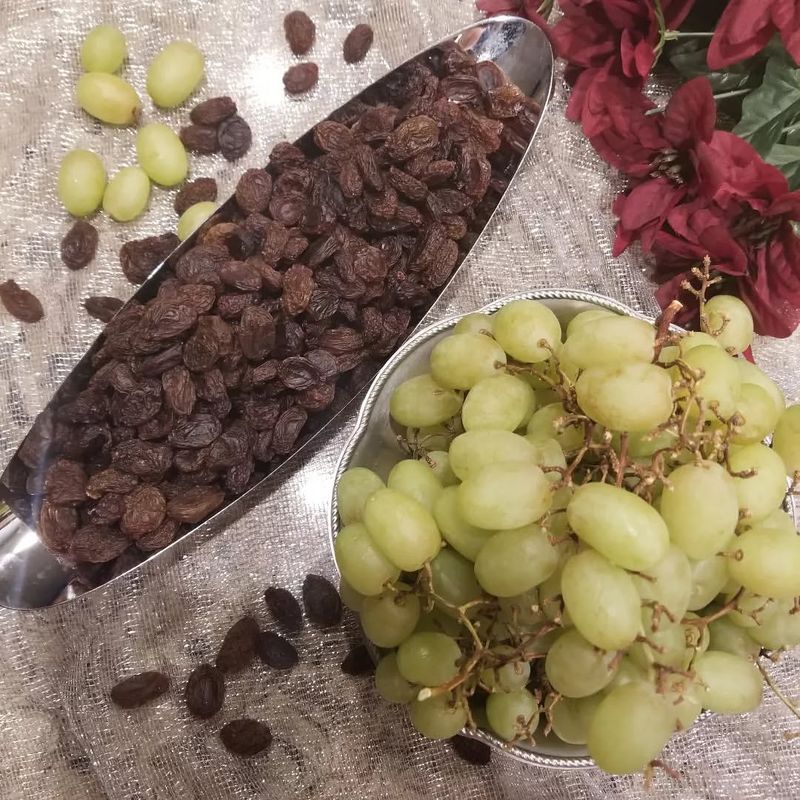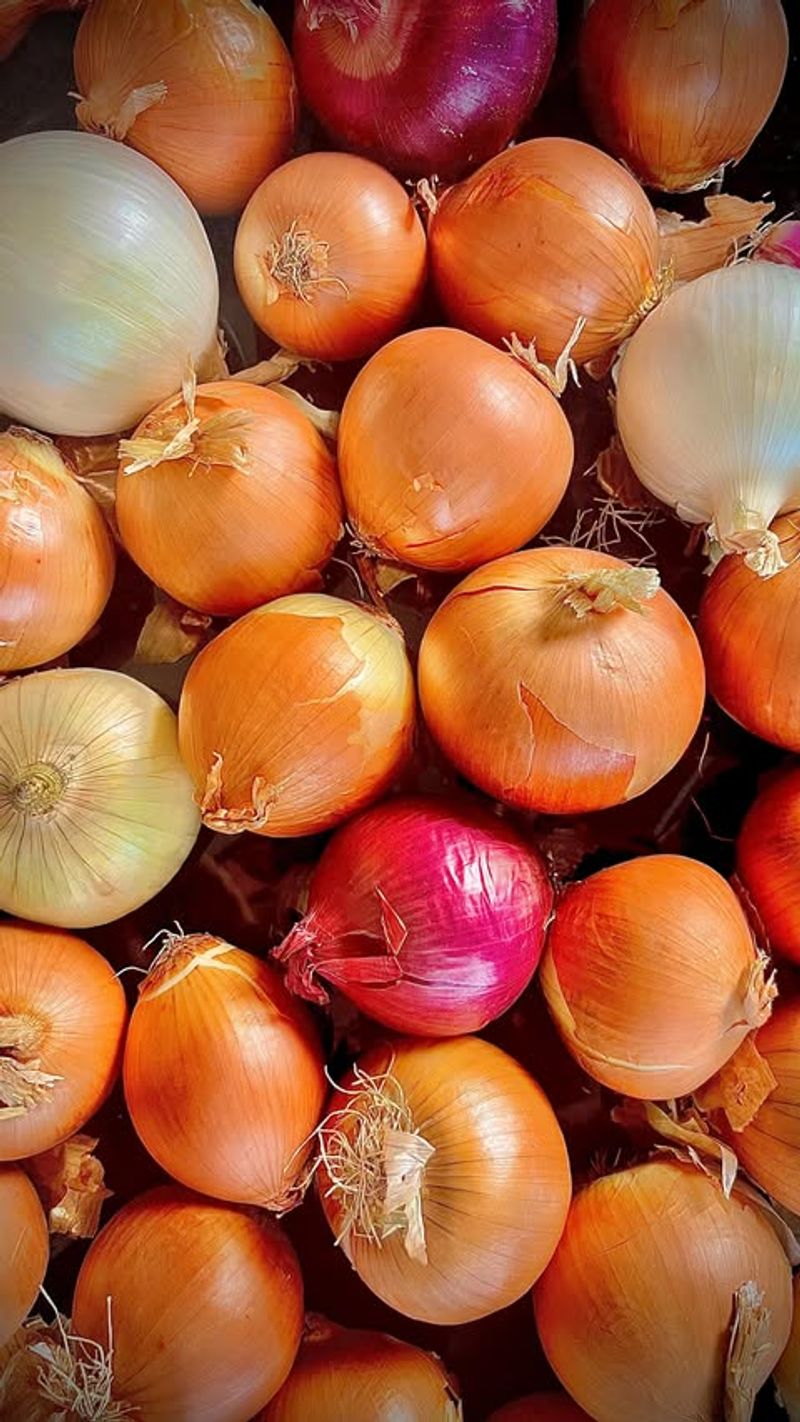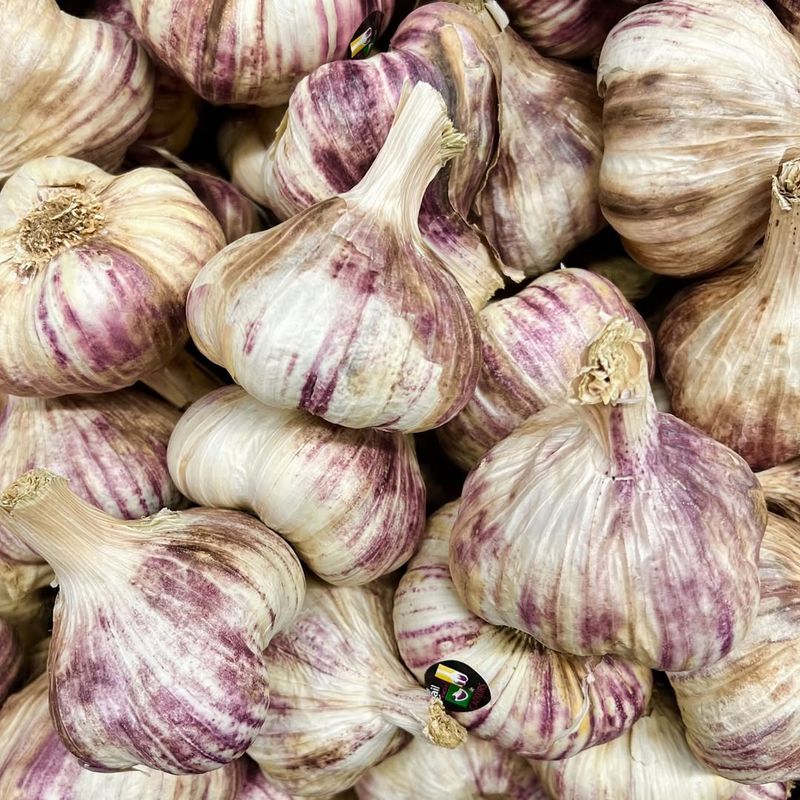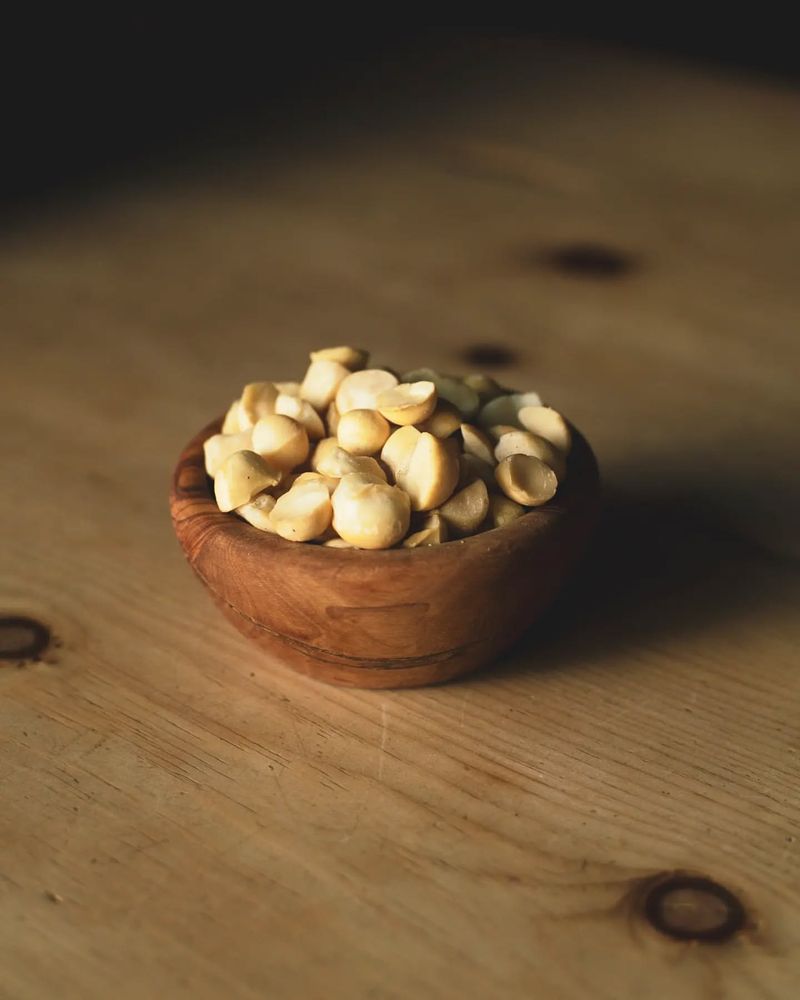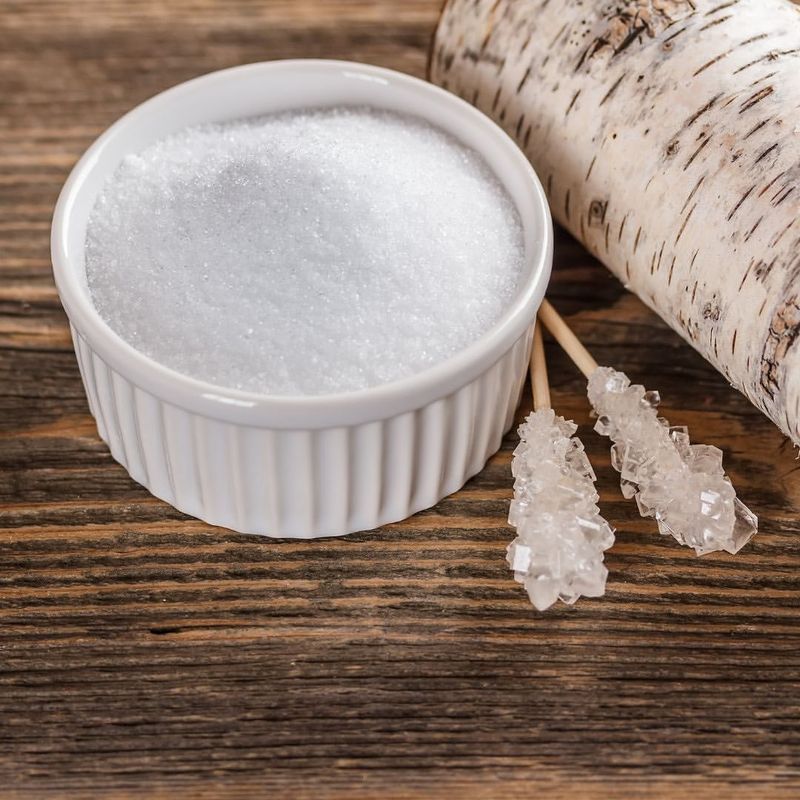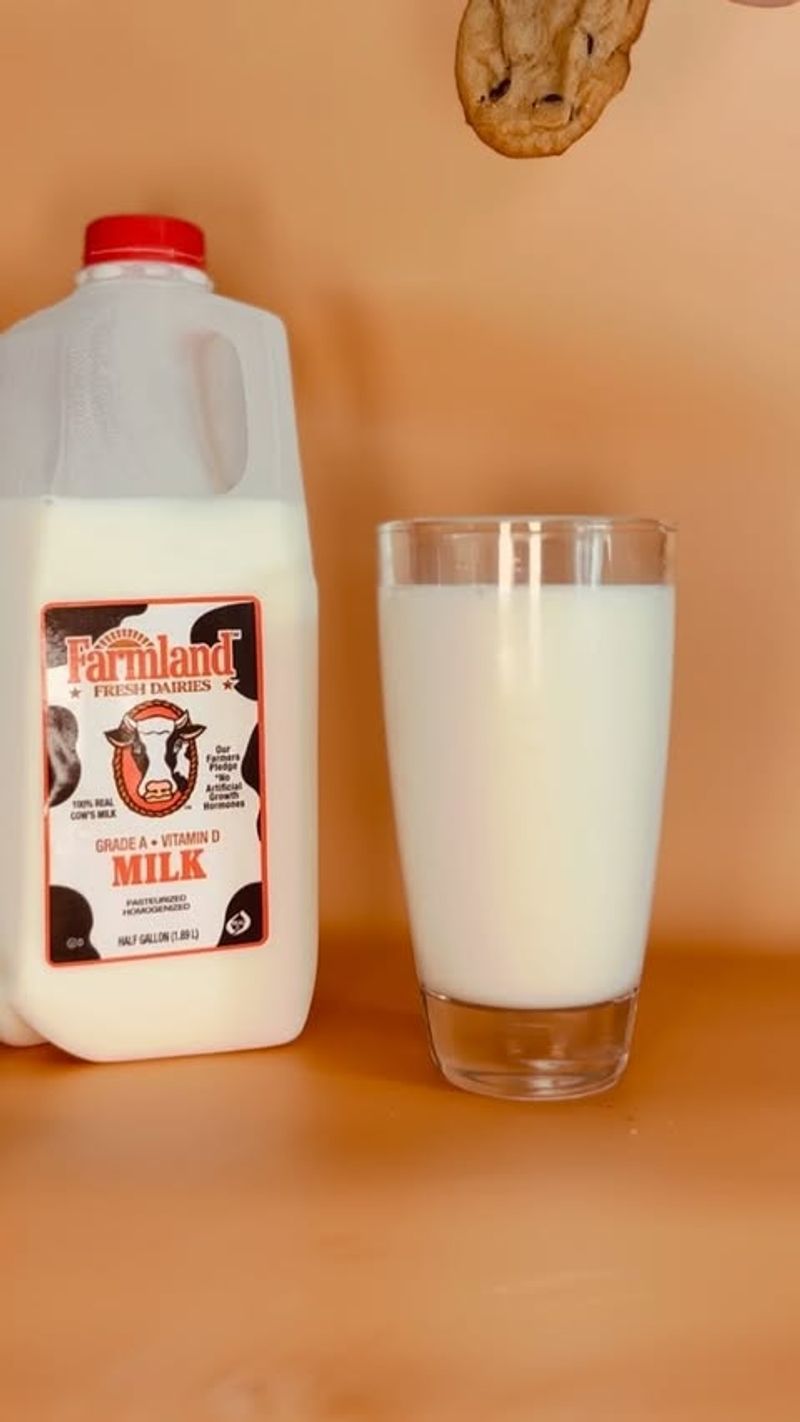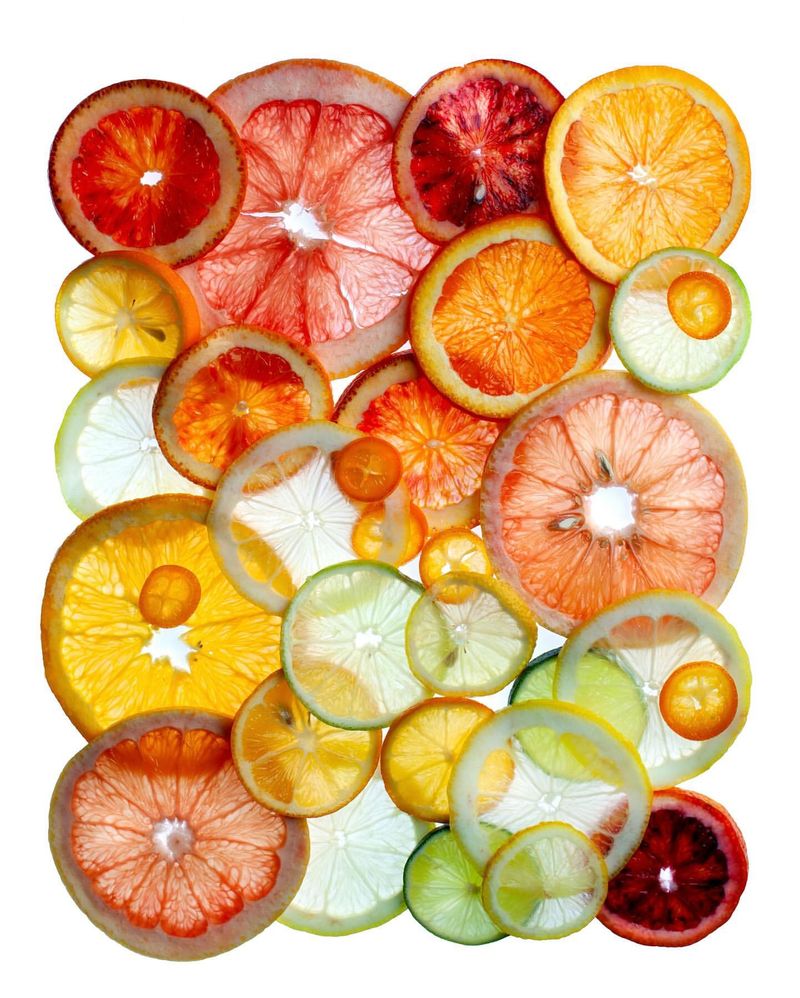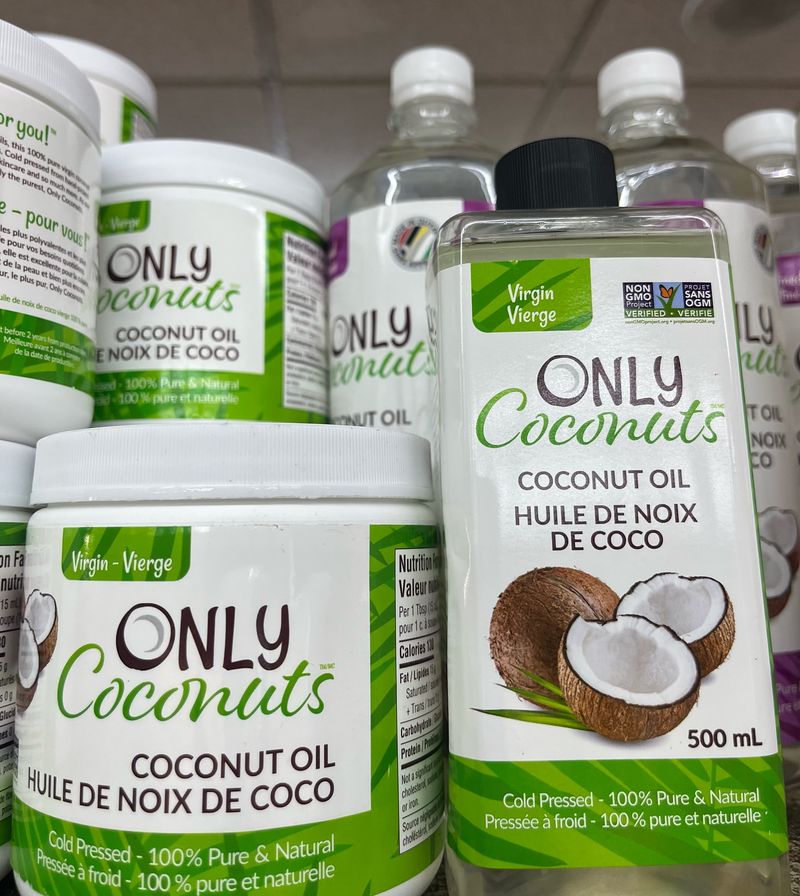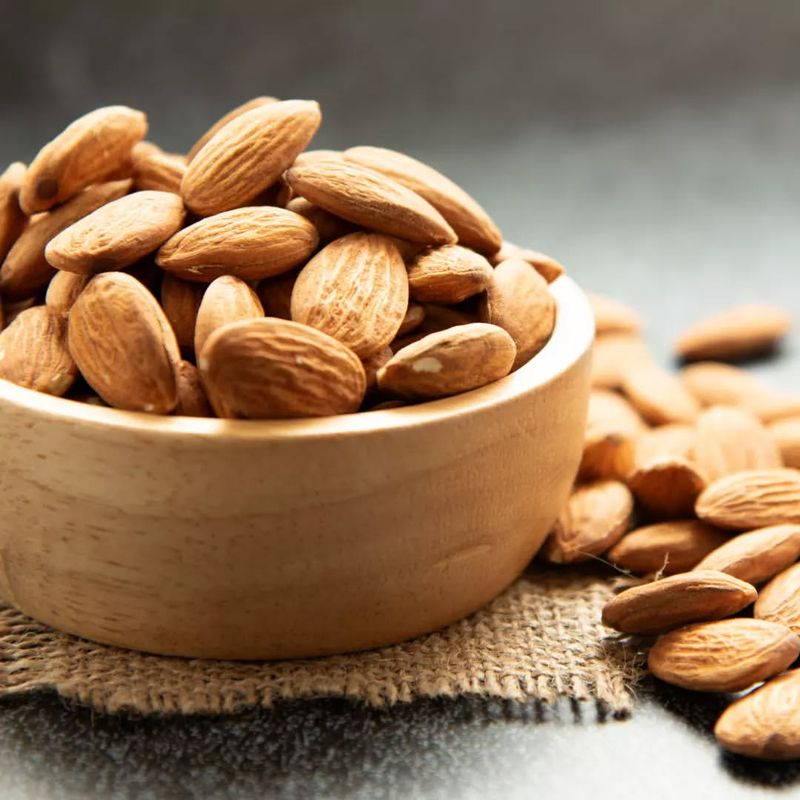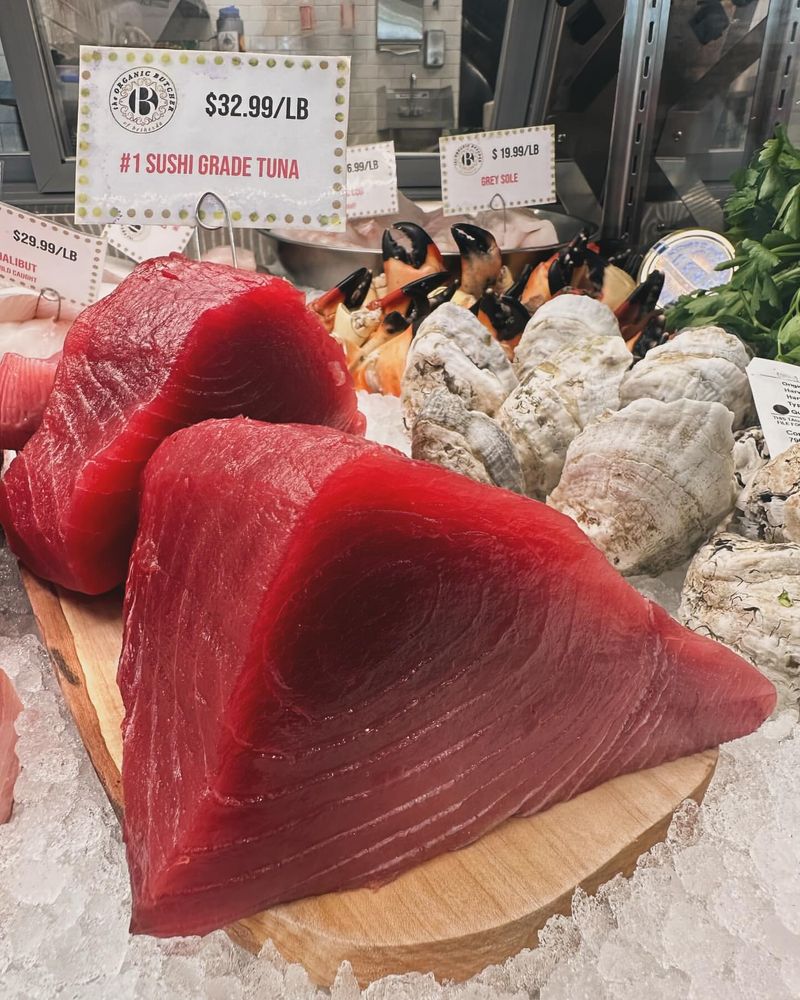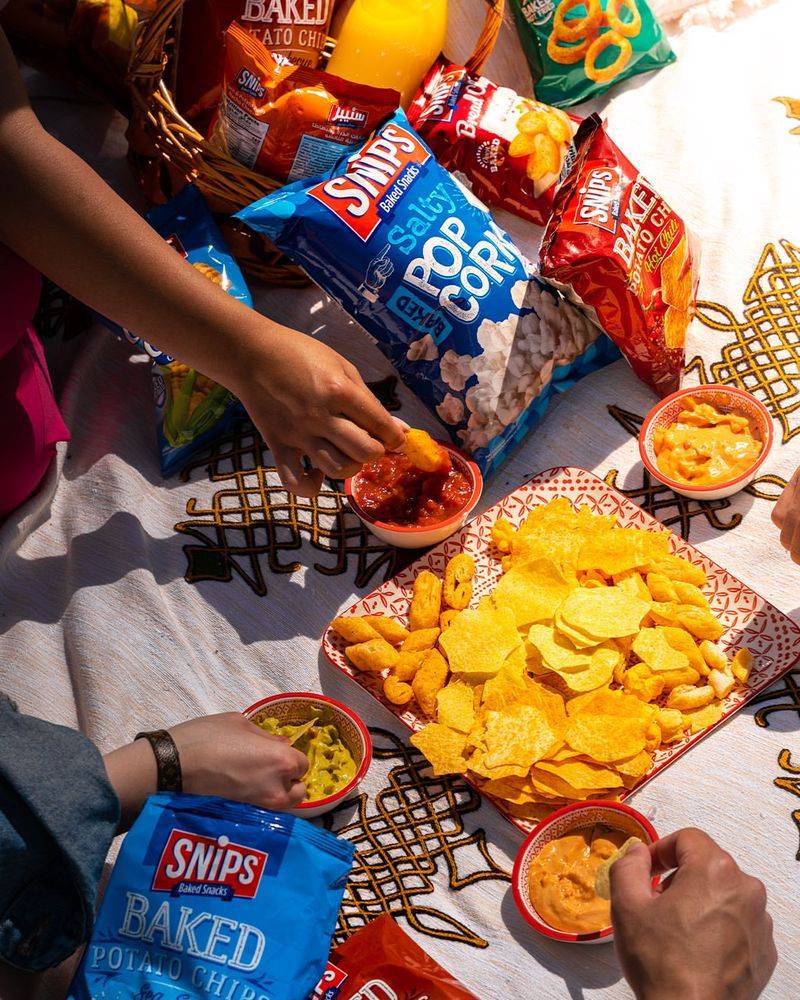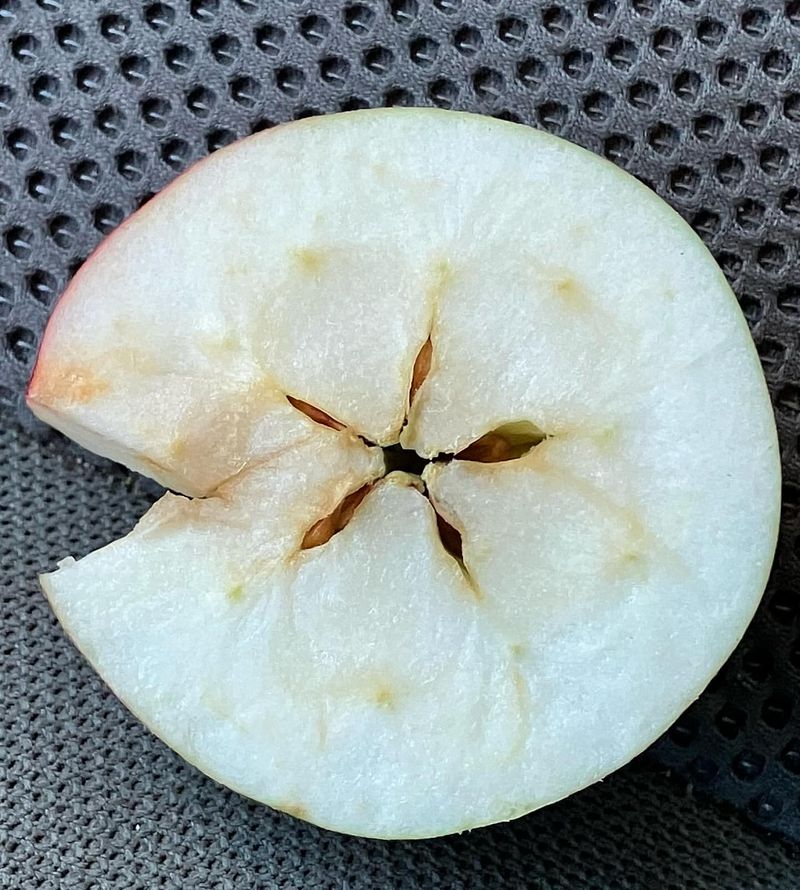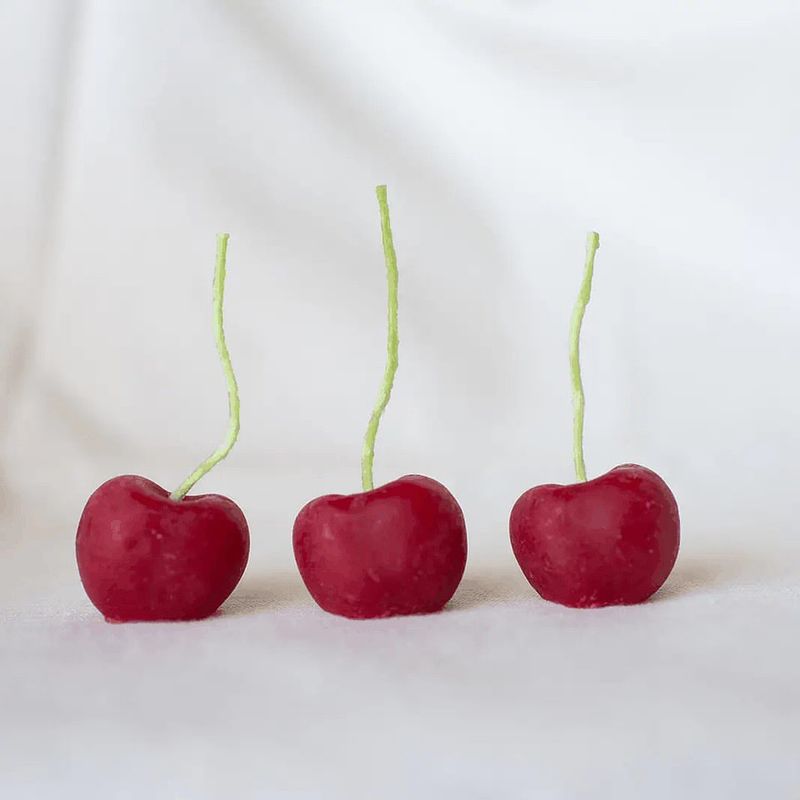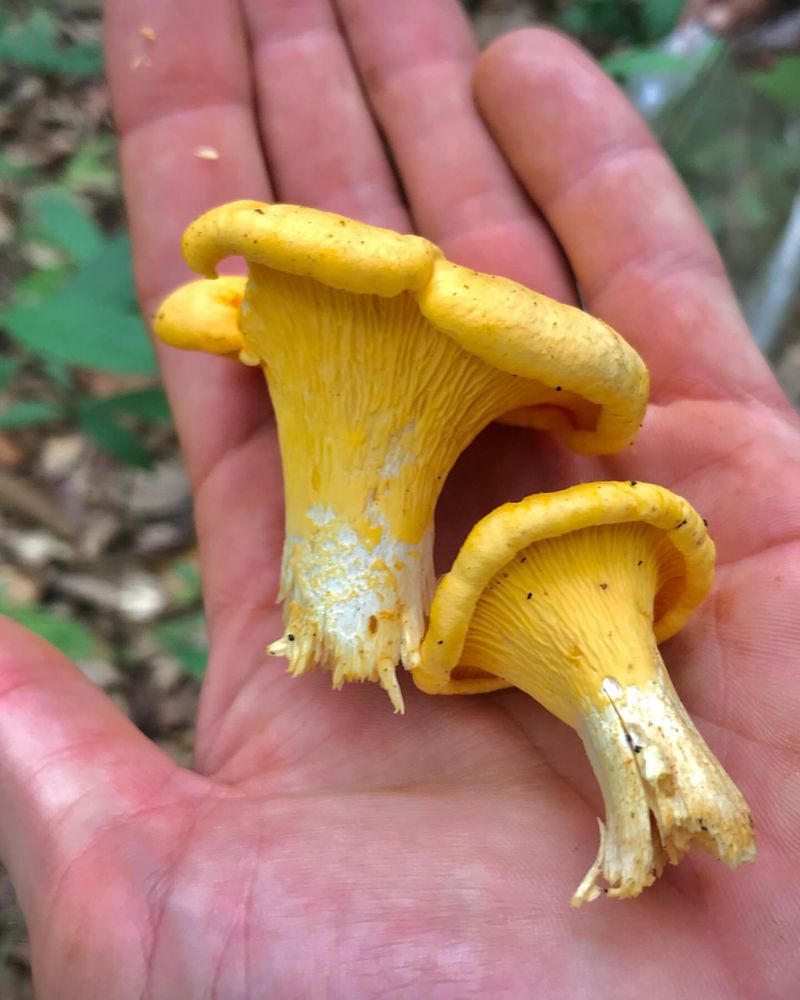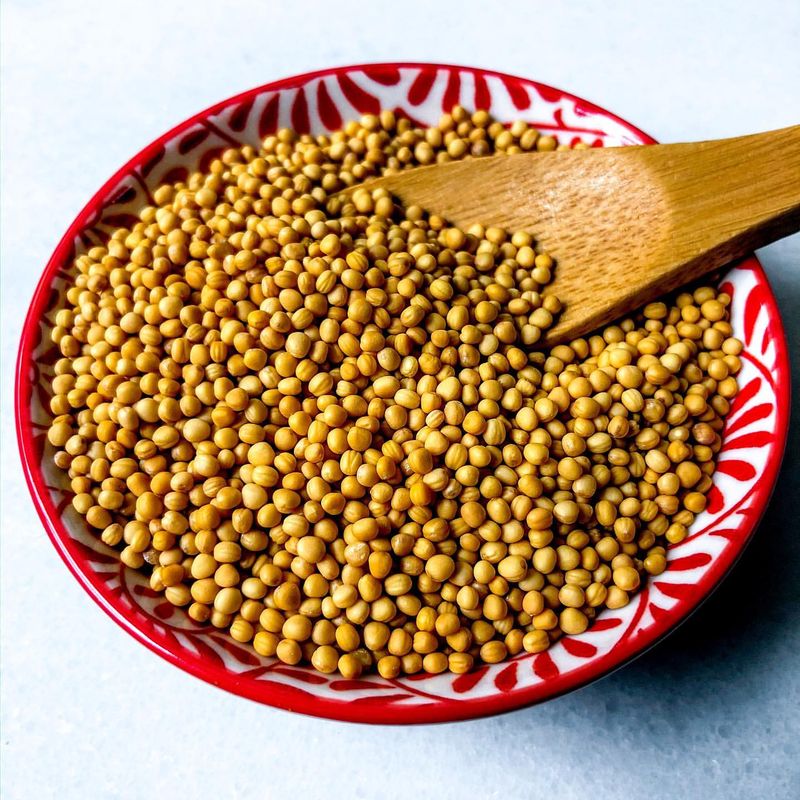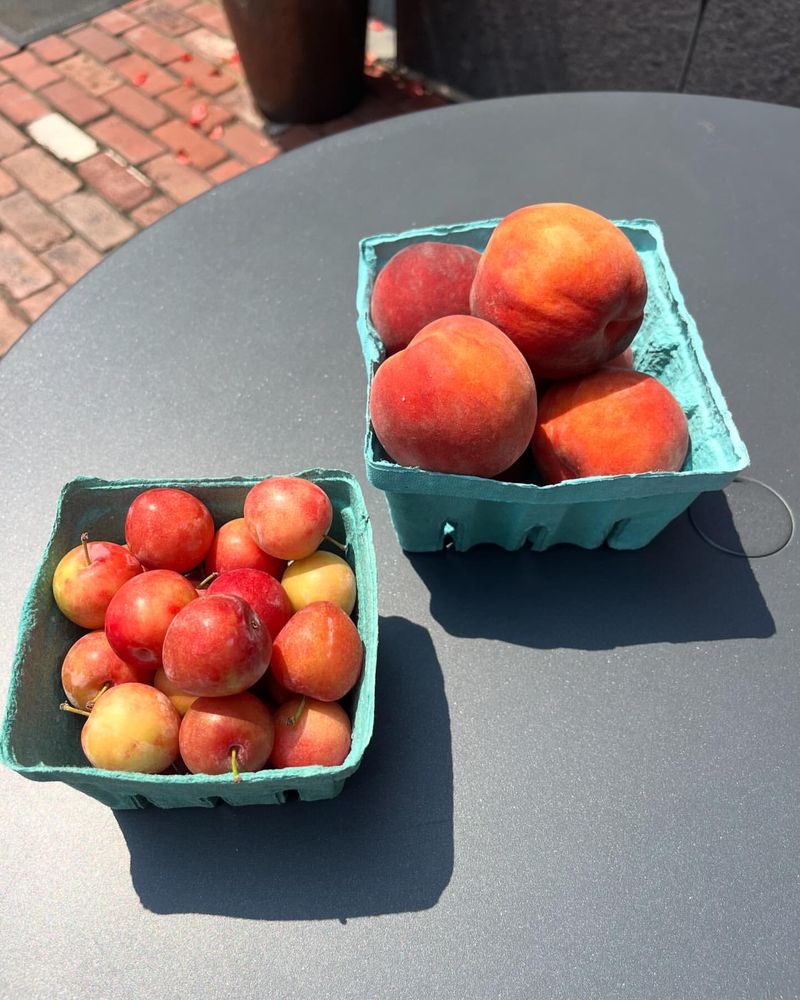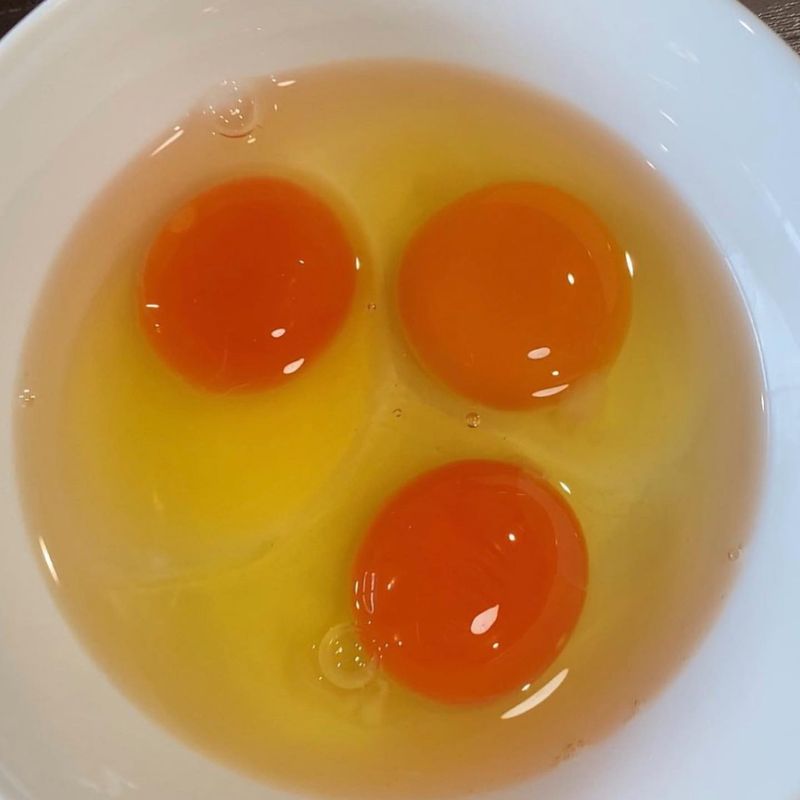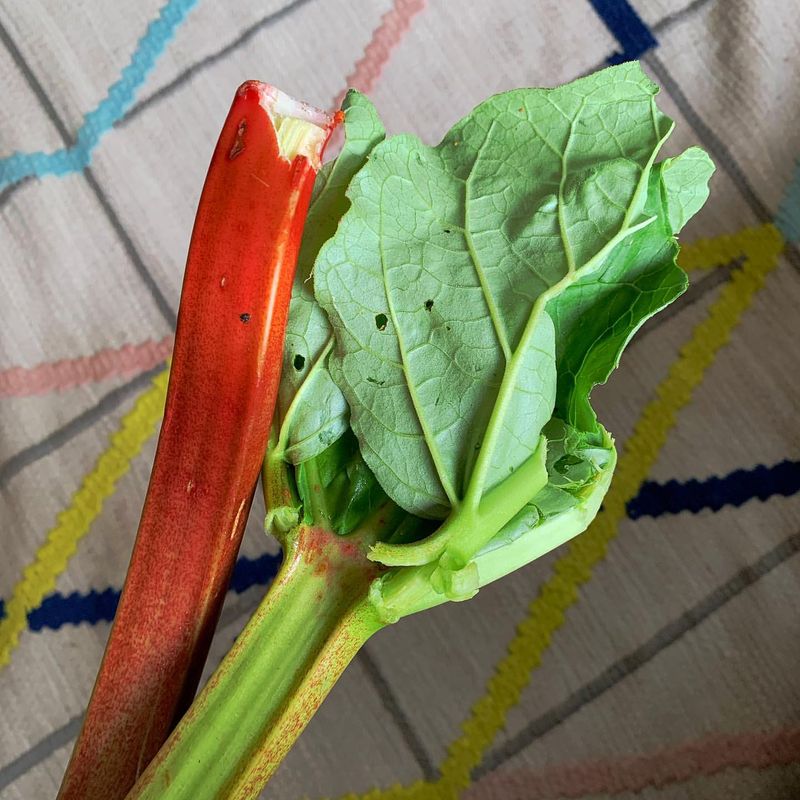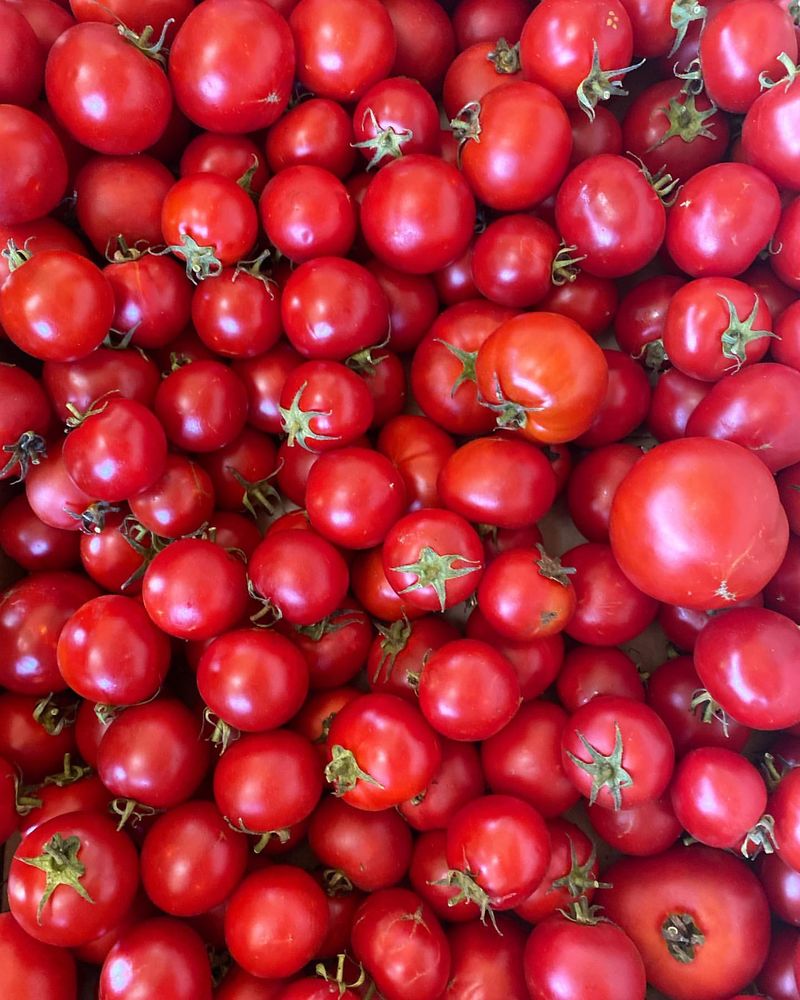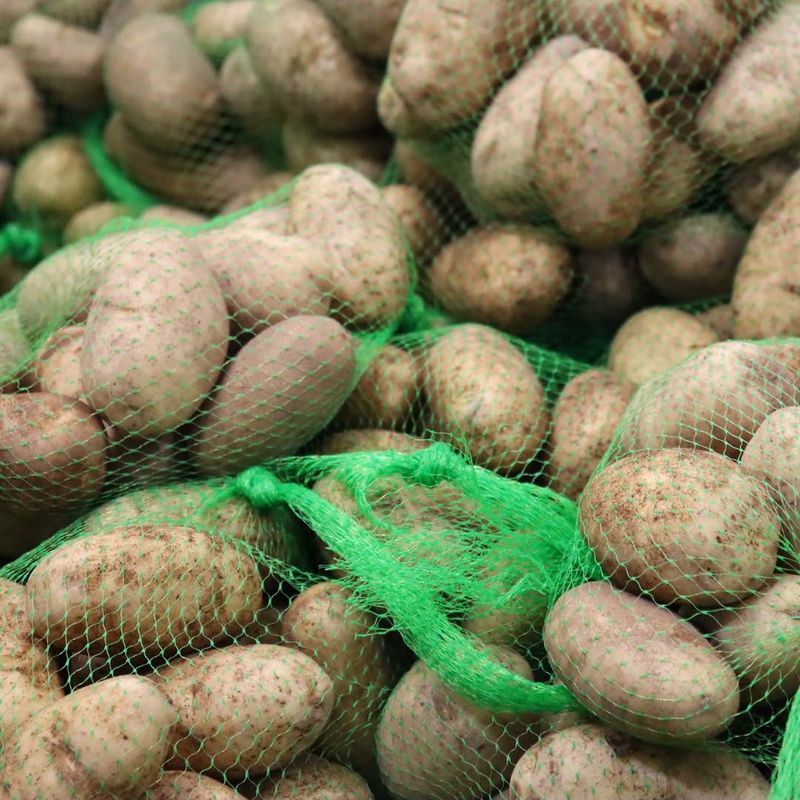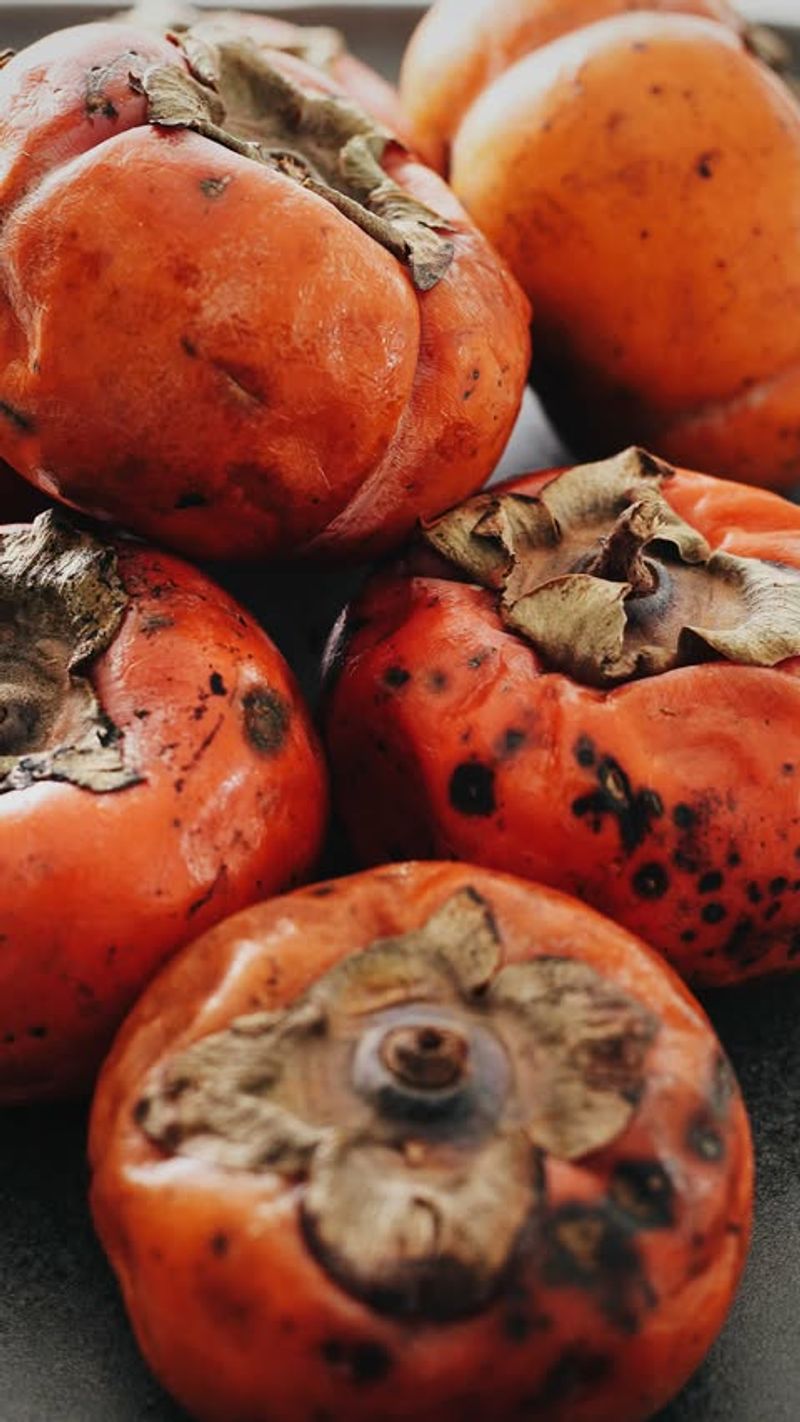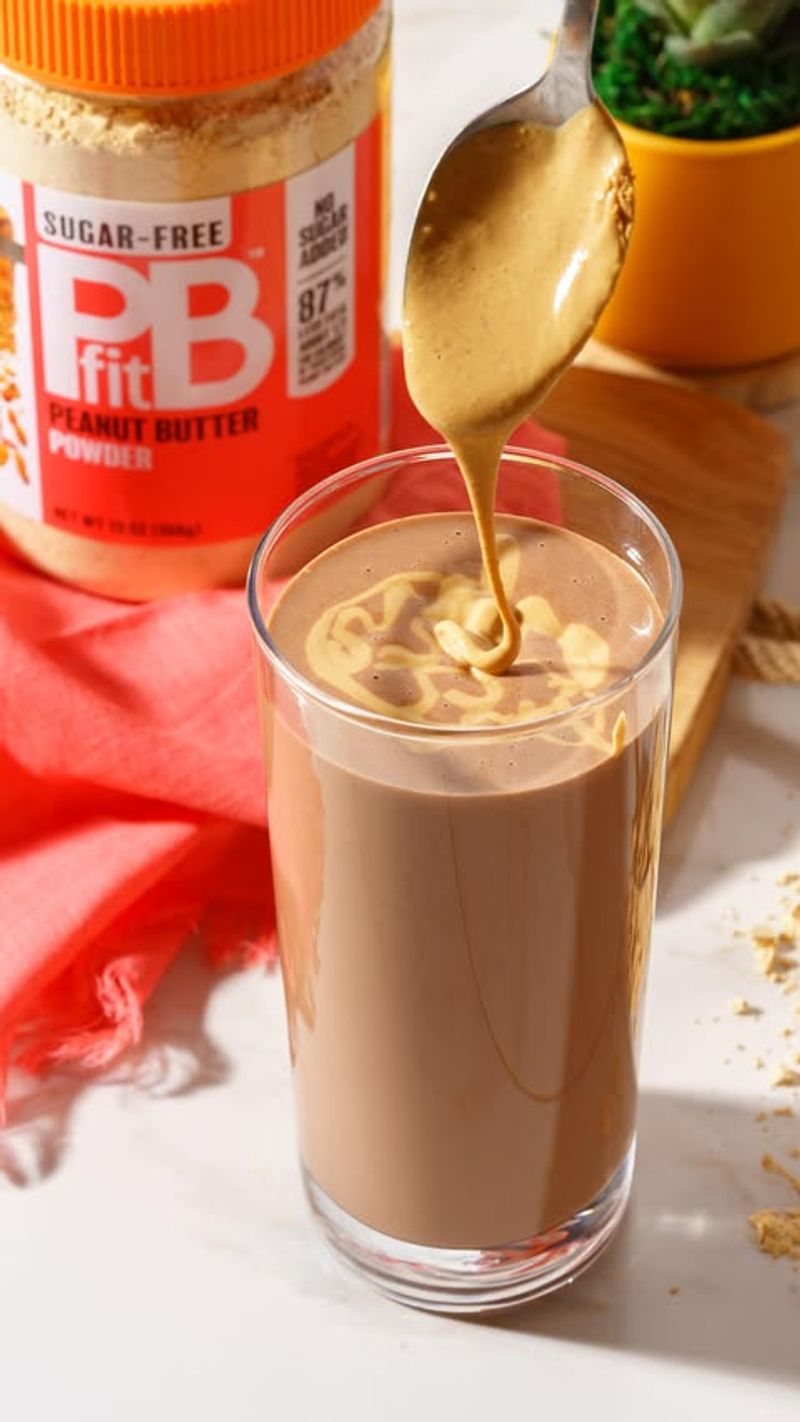If you’re anything like me, you’ve locked eyes with your pup while eating and thought, “Just one bite won’t hurt, right?” The tail wags, the big pleading eyes—it’s almost impossible to resist.
But the truth is, some everyday foods can be downright dangerous for dogs. What seems harmless to us can lead to upset stomachs, toxic reactions, or even life-threatening emergencies. And let’s be real—no snack is worth risking your best friend’s health.
That’s why I put together this list of foods you should never share with your pup. Keep it handy, share it with fellow dog lovers, and let’s make sure every tail keeps wagging—safely!
1. Chocolate
The Classic No-Go for Dogs. Even small amounts of chocolate can be toxic to dogs. It contains theobromine, which dogs can’t metabolize effectively.
Symptoms include vomiting, diarrhea, and in severe cases, seizures or heart failure. If chocolate is within your home, ensure it’s stored well out of reach. If your dog ingests chocolate, contact a veterinarian immediately.
2. Grapes And Raisins
Grapes may seem like a healthy treat, but they can cause sudden kidney failure in dogs. Even small quantities can be harmful.
Symptoms may include vomiting, lethargy, and loss of appetite. If you keep these in your kitchen, ensure they’re out of reach. If your dog ingests grapes or raisins, seek veterinary care without delay. This knowledge can prevent a potentially deadly situation for any dog.
3. Onions
They are bad news for dogs. They can lead to dangerous blood cell damage. Onions contain compounds that can cause oxidative damage to a dog’s red blood cells, leading to hemolytic anemia.
If your dog seems weak if they are vomiting, and breathless, that is a bad sign. Keep onions and related vegetables like garlic and leeks far from your dog’s reach.
4. Garlic
Similar to onions, garlic contains thiosulfate, which can damage red blood cells. Ingesting garlic can lead to symptoms like vomiting, diarrhea, and abdominal pain.
Over time, it can cause anemia in dogs. Always keep garlic out of your pet’s reach, whether raw, cooked, or in powder form. Protect your beloved pup by ensuring this vegetable is off-limits.
5. Avocado
A healthy snack for humans, not for dogs. Avocados contain persin, which is harmless to us but toxic to out fur-babies.
Consumption can lead to vomiting, diarrhea, and myocardial damage. The pit is a choking hazard and can cause intestinal blockages. Store avocados high and away from your pet’s reach. If your dog consumes avocado, a vet visit is recommended.
6. Macadamia Nuts
They may be a tasty treat for humans, but macadamia nuts can spell serious trouble for dogs. Even a small amount can lead to weakness, vomiting, tremors, and overheating.
The exact toxin remains a mystery, but what we do know is that the effects can be severe—even in small doses. Dogs who ingest macadamia nuts may struggle to stand, act lethargic, or develop symptoms within hours. It’s just not worth the risk.
7. Xylitol
This sugar substitute is one of the most dangerous hidden toxins out there. Found in sugar-free gum, candy, peanut butter, and even some toothpaste.
Xylitol triggers a rapid insulin release in dogs, leading to life-threatening hypoglycemia. In severe cases, it can cause liver failure, making even a tiny amount a serious emergency. The worst part? Many pet owners don’t realize it’s in their home until it’s too late. Check labels carefully!
8. Alcohol
A few sips might not faze you, but even a tiny amount of alcohol can wreak havoc on your dog’s system. Unlike humans, dogs are extremely sensitive to alcohol.
Signs of alcohol poisoning in dogs include lethargy, disorientation, difficulty breathing, and in severe cases, seizures. Be extra cautious with cocktails, beer, and even foods made with alcohol—dogs don’t know the difference, and one curious lick could lead to a dangerous situation.
9. Coffee And Caffeine
That morning cup of coffee might be essential for you, but for your dog, caffeine is anything but a pick-me-up—it’s a toxin. Even small amounts can cause restlessness, rapid breathing, and an elevated heart rate.
The danger doesn’t stop at coffee. Tea bags, energy drinks, soda, and even caffeine-laced snacks can all pose a risk. Dogs are naturally curious, and a few stray coffee grounds or an unattended cup can quickly turn into an emergency.
10. Yeast Dough
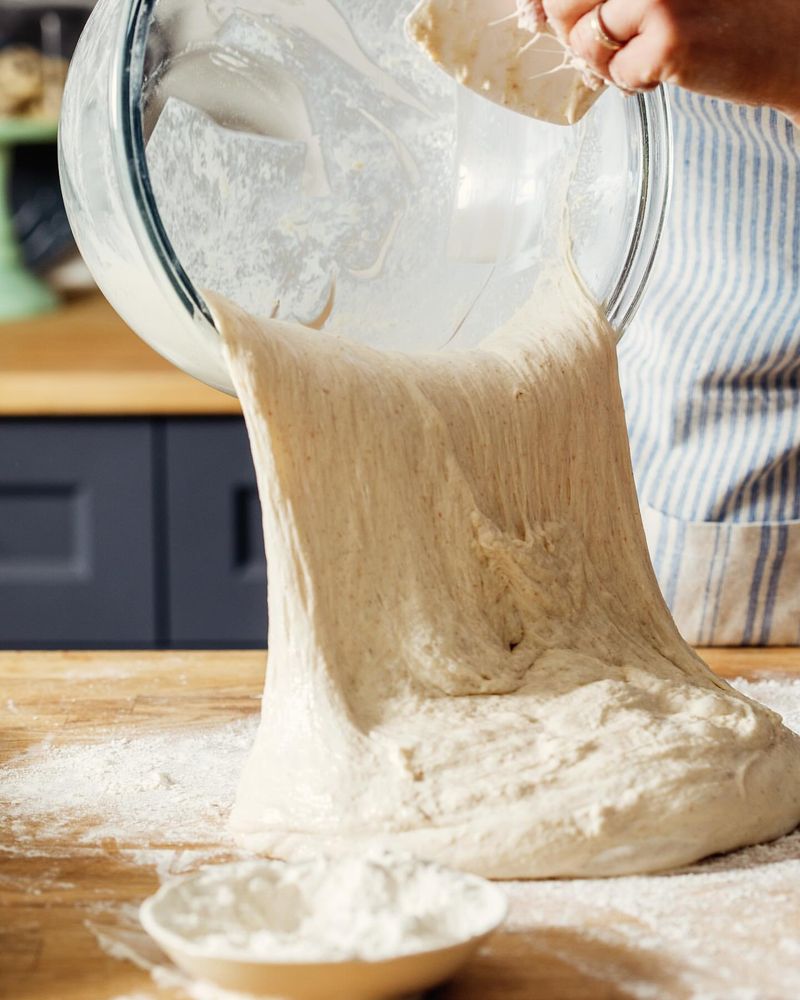
Raw yeast dough doesn’t just sit in a dog’s stomach—it keeps expanding. This can cause severe bloating, intense pain, and even a dangerous condition called gastric dilation. As if that’s not bad enough, yeast fermentation produces alcohol, putting your pup at risk for alcohol poisoning.
Symptoms like a swollen belly, vomiting, and lethargy can appear quickly, so never leave raw dough unattended. Dispose of scraps carefully and keep dough-covered counters dog-proof.
11. Milk And Dairy
That adorable face begging for a taste of your ice cream? Think twice before sharing. Many dogs are lactose intolerant, meaning their bodies struggle to break down dairy. This leads to unpleasant side effects like gas, bloating, and diarrhea.
While a tiny bit of cheese might not be a problem, too much dairy can leave your pup uncomfortable. If you notice digestive issues after they eat dairy, talk to your vet about safer alternatives.
12. Citrus Fruits
A little citrus might seem harmless, but in larger amounts, it can be a recipe for trouble. The acids and essential oils in oranges, lemons, and limes can irritate a dog’s digestive system, leading to vomiting, diarrhea, and even signs of depression.
The real danger? The peel and seeds contain concentrated oils that are harder for dogs to process.
13. Coconut And Coconut Oil
Coconut may be a health trend for us humans, but for dogs, it’s a bit of a gamble. While not toxic, the high-fat content can cause stomach upset, loose stools, and even pancreatitis in some pups.
A small amount might be fine, but overdoing it can lead to unnecessary digestive distress. If your dog shows signs of discomfort after eating coconut or coconut oil, cut it out of their diet.
14. Nuts (Especially Almonds)
Not all nuts are dangerous for dogs, but some are more trouble than they’re worth. Almonds can be hard to digest and may cause vomiting. Plus, nuts in general are high in fat, which increases the risk of obesity and other health issues.
The safest bet? Keep nuts off your dog’s snack list. If they happen to grab a handful, monitor them for signs of distress. As my mother used to say “Better safe than sorry!”
15. Raw Meat And Fish
Some pet owners swear by a raw diet, but feeding raw meat and fish comes with serious risks. Bacteria like Salmonella and E. coli can lead to food poisoning, causing vomiting, diarrhea, and fever.
Raw fish, especially salmon, can carry dangerous parasites—even deadly—to dogs. If you choose to go raw, make sure it’s fresh, high-quality, and handled safely. When it comes to raw feeding, knowledge is just as important as nutrition.
16. Salty Snacks
Too much salt can spell trouble. Excess sodium can lead to dehydration, vomiting, diarrhea, and even dangerous conditions like sodium ion poisoning. In severe cases, it can trigger seizures or kidney problems.
Salty snacks like pretzels, fries, and chips should stay off your dog’s treat list. If your pup sneaks a salty bite, make sure they have plenty of fresh water and watch for signs of distress.
17. Bones (Cooked)
Dogs love to chew, but cooked bones are a recipe for disaster. Unlike raw bones, cooked ones splinter easily, turning into sharp shards that can cause choking, blockages, or even puncture the digestive tract.
Symptoms like coughing, gagging, vomiting, or difficulty pooping could mean serious trouble. Instead of risking an emergency vet visit, stick to vet-approved chew toys or raw bones that are safe for canine teeth.
18. Apple Seeds
Apples are a fantastic, crunchy treat for dogs—but their seeds are another story. Hidden inside, apple seeds contain cyanide, which can be toxic if eaten in large amounts. While one or two seeds might not cause immediate harm, repeated exposure can build up over time can lead to problems.
The safest approach? Core apples before sharing them with your pup. If you suspect your dog has eaten a handful of seeds, contact your vet just to be safe. It’s a small step that helps prevent a big problem—because treats should be fun, not risky!
19. Cherries
Cherries might seem like a harmless treat, but their pits, stems, and leaves also contain cyanide. Ingesting them can lead to vomiting, trouble breathing, and red gums—signs that something is seriously wrong.
If you plan to share cherries with your pup, always remove the pits and stems first. Even then, monitor for any unusual reactions. If your dog sneaks an unpitted cherry, call your vet immediately
20. Mushrooms (Wild)
Not all mushrooms are safe—especially the wild ones growing in your backyard or local park. Some varieties are highly toxic to dogs and can even cause organ failure. The problem? It’s tough to tell which mushrooms are safe and which are dangerous.
To be safe, never let your dog snack on wild mushrooms. Keep an eye on them during walks, and if you suspect they’ve eaten one, seek help right away. With mushrooms, it’s always better to be overly cautious than to risk a medical emergency.
21. Mustard Seed
You wouldn’t think something so small could cause trouble, but mustard seeds can seriously upset a dog’s stomach. Even a small amount can lead to big problems.
If you grow mustard plants or use mustard seeds in cooking, make sure they’re out of reach. If your dog accidentally ingests some, watch for symptoms. This little seed may not seem like much, but it’s best left off your pup’s menu.
22. Nutmeg
A sprinkle of nutmeg in your holiday treats? No problem. A curious pup getting into the spice cabinet? Big problem. Nutmeg contains myristicin, a compound that can cause hallucinations, increased heart rate, disorientation, and even seizures in dogs.
Even a small amount can cause a reaction, so keep nutmeg and nutmeg-laced foods far away from your pup. When it comes to spice, dogs are better off sticking to the bland stuff!
23. Peaches And Plums
The juicy flesh of peaches and plums is perfectly fine for dogs in moderation, but their pits? The hard center contains the already mentioned cyanide.
In addition, swallowing a pit whole can also lead to choking or an intestinal blockage. If you’re sharing these fruits, always remove the pit first and cut them into bite-sized pieces.
24. Raw Eggs
Some pet owners swear by raw eggs for their dogs, but there are risks to consider. While eggs are packed with protein, feeding them raw raises the chance of Salmonella exposure.
Raw eggs may also contribute to biotin deficiency over time, which can affect a dog’s skin and coat health. If you want to add eggs to your dog’s diet, talk to your vet about the best way to do it—because safety always comes first.
25. Rhubarb
Rhubarb might be a garden favorite, but for dogs, it’s a major no-go. The leaves contain oxalates, which can lead to kidney damage if consumed. Even a small amount can cause drooling, lethargy, tremors, or serious complications.
If you grow rhubarb at home, make sure your dog can’t get to it. This tart treat is best kept out off your pup’s food bowl!
26. Salt
A little salt in food isn’t a big deal, but too much can be harmful—sometimes even deadly—for dogs. High salt intake can lead to vomiting, diarrhea, dehydration, and, in extreme cases, sodium ion poisoning, which can cause seizures.
Keep salty snacks and foods out of reach, and always provide fresh water if your dog has eaten something salty. When in doubt, skip the salt-heavy treats and keep things simple.
27. Tomatoes
Ripe tomatoes? Totally fine in moderation. Green tomatoes and tomato plants? Not so much. Unripe tomatoes and their leaves contain solanine, a toxin that can cause vomiting, diarrhea, and lethargy in dogs.
If you have a garden, make sure your pup can’t get to your tomato plants. And if they happen to eat an unripe tomato, watch for symptoms to see if they seem unwell.
28. Potato (Green)
Ever noticed green patches on potatoes? That’s solanine—a toxin that can be harmful to dogs (and humans too). Eating green potatoes can cause nausea, vomiting, diarrhea, and weakness.
To keep your dog safe, store potatoes in a cool, dark place and always remove green spots before cooking. If your pup gets into raw potatoes, monitor them closely.
29. Persimmons
Persimmons, those delightful orange fruits, can be surprisingly toxic to dogs. They contain seeds and pits that, when ingested, can cause intestinal blockages. This is especially concerning for smaller breeds.
The juicy flesh of the persimmon might attract a curious pup, but consuming it can lead to inflammation of the small intestine. Known as enteritis, this condition can result in vomiting, diarrhea, and abdominal pain.
30. Nut Butter (Sugar-Free)
Nut butter is a popular treat for dogs, but sugar-free varieties can hide a dangerous secret: xylitol. We already talked about this artificial sweetener found in many sugar-free products.
Even in small amounts, xylitol can cause a sudden release of insulin, leading to hypoglycemia (low blood sugar). Always check the labels of nut butter jars to ensure they are xylitol-free before sharing with your pet.



